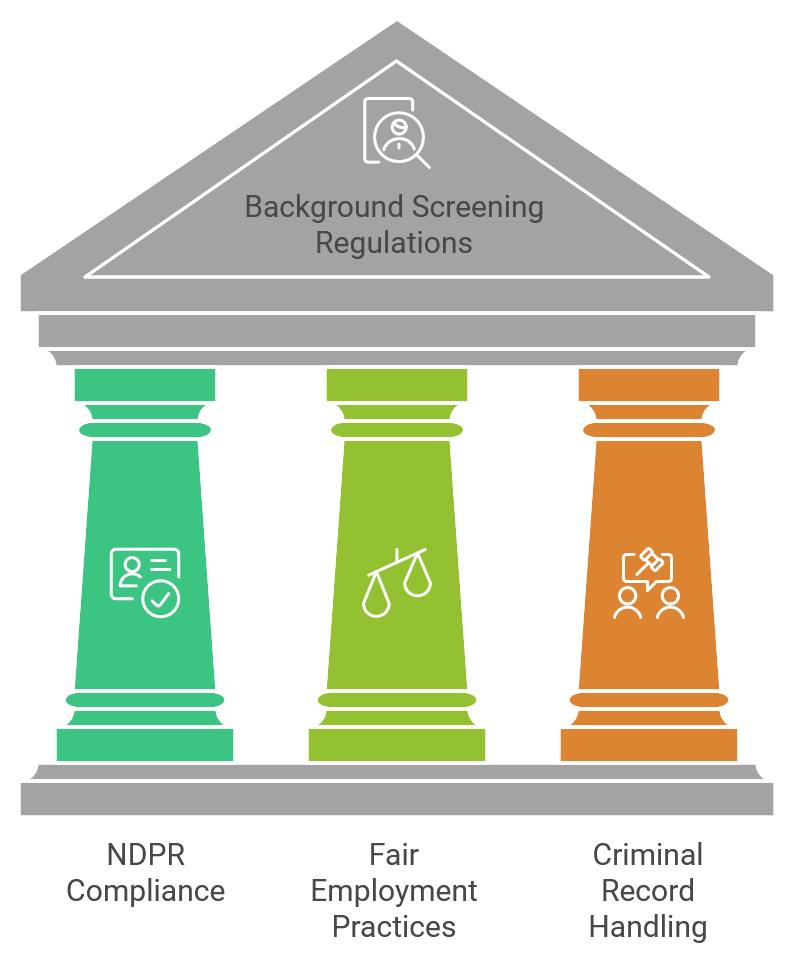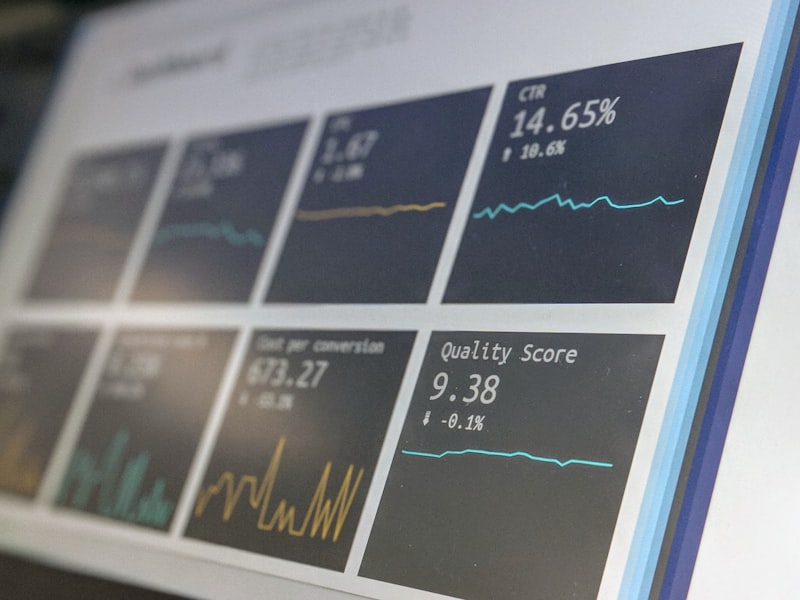Data-Driven Risk Management: The Future is Here
The era of reactive risk management waiting for a crisis to occur before formulating a response is officially over.
Read MoreMay 27, 2024
This document provides an overview of the legal framework governing background screening regulations in Nigeria. As organizations increasingly rely on background checks to make informed hiring decisions, understanding the regulatory landscape becomes crucial. This guide outlines the key laws, compliance requirements, and best practices for conducting background screenings in Nigeria, ensuring that employers can navigate this complex area while protecting the rights of individuals.
Background screening is an essential process for employers in Nigeria, aimed at verifying the credentials and history of potential employees. However, this process must be conducted in compliance with various legal regulations to protect the rights of individuals and ensure fair practices. This document explores the relevant laws and regulations that govern background screening in Nigeria, including the implications for employers and employees alike.
The NDPR, enacted in 2019, is a critical piece of legislation that governs the processing of personal data in Nigeria. It mandates that organizations must obtain explicit consent from individuals before collecting or processing their personal information. Employers conducting background checks must ensure compliance with the NDPR by:
The Labour Act of 2004 provides a framework for employment practices in Nigeria. While it does not explicitly address background screening, it emphasizes the importance of fair treatment and non-discrimination in hiring practices. Employers must ensure that their background screening processes do not violate the principles of fairness and equality as outlined in the Labour Act.
The Criminal Justice Act regulates the handling of criminal records in Nigeria. Employers must be cautious when considering criminal history during the hiring process. The Act stipulates that:

To navigate the legal landscape effectively, employers should adopt the following best practices:
Navigating the legal landscape of background screening in Nigeria requires a thorough understanding of the relevant regulations and a commitment to ethical practices. By adhering to the NDPR, the Labour Act, and the Criminal Justice Act, employers can conduct background checks responsibly while safeguarding the rights of individuals. Implementing best practices will not only ensure compliance but also foster a fair and transparent hiring process.

Security Consulting
The era of reactive risk management waiting for a crisis to occur before formulating a response is officially over.
Read More
Security Consulting
For businesses in Nigeria and across the globe, understanding and mitigating physical risks has never been more critical.
Read More
Protective Intelligence
Should ordinary citizens take up arms to defend themselves? On the surface, it seems a simple, visceral answer to a complex problem.
Read More